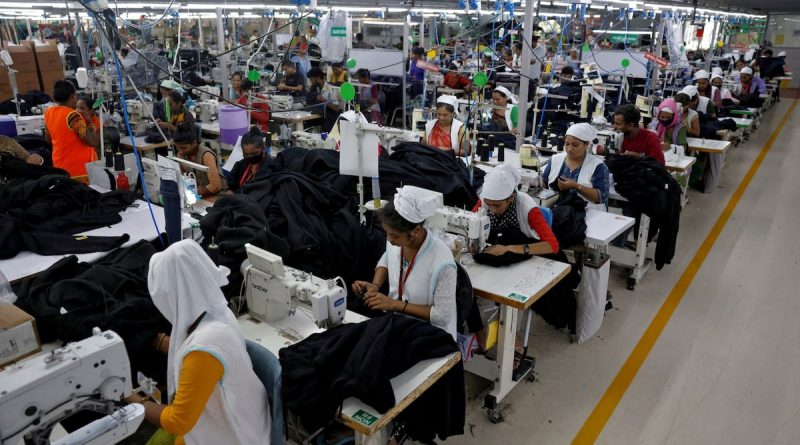Trade Unions Across India Criticise New Labour Codes, Plan Nationwide Demonstrations
Mumbai — India’s major trade unions issued sharp criticism of the government’s newly implemented labour codes on Friday, calling the sweeping changes a “deceptive move” that they believe undermines worker rights and long-standing protections.
The unions announced plans for coordinated nationwide demonstrations next week, signalling a renewed phase of organised labour agitation across multiple sectors.
The government rolled out the four labour codes after years of discussion and parliamentary approval, describing the overhaul as a modernisation effort intended to simplify regulations, promote economic efficiency and support investment in fast-growing industries.
While officials highlighted that the new framework includes provisions for minimum wages and expanded social-security coverage, unions argue that these benefits are overshadowed by clauses that allow companies greater freedom to hire and dismiss employees, potentially affecting job stability for millions of workers.
The codes bring together dozens of older laws dating back to the colonial era, which the government says had become fragmented and difficult for both employers and employees to navigate.
However, union leaders contend that the new structure shifts the balance of power toward employers, reducing the leverage of organised labour during disputes and negotiations.
Labour groups emphasised that the timing of the new rules, introduced during broader economic transitions, creates additional pressure on workers already facing job insecurity and rising living costs across many states.
The unions’ joint statement demanded that the government withdraw the labour codes immediately and engage in comprehensive consultations with worker bodies before implementing any further changes.
Government documents show that multiple rounds of discussions have taken place with union representatives over the last year,
but labour leaders insist the dialogues did not address core concerns, particularly those related to job protection and workplace safety.
One of the most debated aspects of the new policies is the increase in the threshold for companies requiring government approval before layoffs, which now applies only to firms employing more than 300 workers, compared to the previous threshold of 100.
Supporters argue that this measure will help companies respond more quickly to market conditions, enabling them to manage resources and workforce planning with greater flexibility.
Unions, however, believe that increasing layoff thresholds weakens collective bargaining and may encourage businesses to restructure their workforce in ways that reduce long-term employment security.
The rules also permit longer working hours in certain industries and allow night shifts for women, provided companies offer safety arrangements and proper transport facilities.
Industry associations welcomed the flexibility but expressed concerns about increased operational costs, especially for small and medium-sized enterprises that may struggle to adapt during the transition period.
The Association of Indian Entrepreneurs urged the government to introduce support mechanisms
to ensure smaller businesses are not disproportionately affected by compliance requirements and the associated financial pressures.
Despite the widespread criticism, not all labour organisations oppose the overhaul, with some groups aligned to the ruling party encouraging states to begin phased implementation after reviewing specific provisions.
Each state will now draft its own rules to reflect the national codes, creating a multi-layered transition process that could take months before full implementation is achieved across the country.
As workers prepare for large-scale protests next week, the debate over India’s labour reforms is expected to intensify, shaping the dialogue between policymakers, industry bodies and trade unions as the country navigates its next phase of economic transformation.



